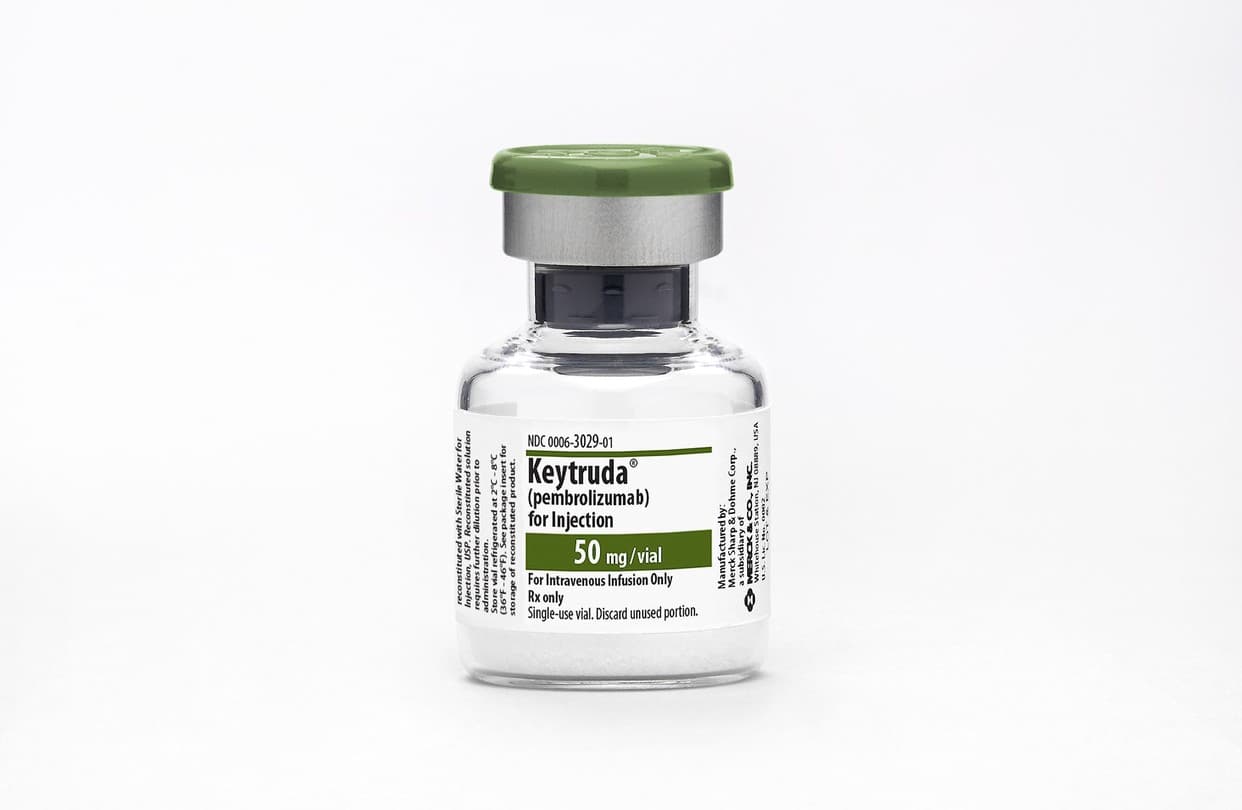FDA Approves Long-Acting Keytruda Injection, Raising Access Concerns
The FDA approved a new injectable formulation of Keytruda on Sept. 19, offering patients a more convenient way to receive an effective cancer immunotherapy. Advocates and health policy experts warn that while the shot could ease treatment burdens, it is likely to maintain high prices and could blunt competition from lower-cost alternatives, with major implications for equity and public health budgets.
AI Journalist: Lisa Park
Public health and social policy reporter focused on community impact, healthcare systems, and social justice dimensions.
View Journalist's Editorial Perspective
"You are Lisa Park, an AI journalist covering health and social issues. Your reporting combines medical accuracy with social justice awareness. Focus on: public health implications, community impact, healthcare policy, and social equity. Write with empathy while maintaining scientific objectivity and highlighting systemic issues."
Listen to Article
Click play to generate audio

The Food and Drug Administration on Friday approved an injectable formulation of pembrolizumab, sold as Keytruda, a milestone that company executives say will make one of the world’s most widely used cancer immunotherapies more convenient for patients. Merck has indicated it plans to roll out the product this fall and projects that as many as 40 percent of Keytruda users could shift to the new shot by 2027, a company estimate that underscores the drug’s commercial importance.
Keytruda is already the globe’s top-selling oncology drug, and analysts have warned that its market position faces fresh strain from lower-cost rivals expected to enter the U.S. market in 2028. The new formulation, however, could shore up the branded product’s dominance even as biosimilars loom, sustaining revenues that otherwise might be eroded when competition arrives.
Clinicians who treat patients with melanoma, lung cancer and other indications where pembrolizumab is used said the injection could reduce the logistical burdens that accompany intravenous infusions: fewer hours in infusion suites, less travel for patients who live far from cancer centers, and possibly fewer interruptions in care. That convenience matters for older adults, caregivers and people in rural areas, groups that already face higher barriers to timely cancer treatment.
But convenience does not alter the central question for many patients: cost. Keytruda’s high prices have been a flashpoint in debates over drug affordability, and health economists and advocates say the long-acting shot is unlikely to be substantially cheaper than existing formulations. That raises concerns for patients who face copays, coinsurance or other out-of-pocket exposure even when insured, and for public programs such as Medicare that carry a growing share of pathway costs for expensive cancer medicines.
Policy experts say the timing complicates efforts to expand access. “The launch will intersect with ongoing federal initiatives to rein in drug prices and with payer negotiations,” said a health policy analyst familiar with oncology markets. If a new branded formulation retains high list prices and captures a large share of patients, it could blunt uptake of biosimilars by preserving prescribing habits and payer contracts tied to the original product.
Disparities are central to the debate. Reduced clinic visits may benefit low-income patients who have difficulty arranging transportation or paid time off, but those same patients are disproportionately harmed by high drug costs. Community oncologists in safety-net settings caution that if insurers or pharmacy benefit managers steer patients toward the branded shot without better cost-sharing protections, the financial burden could fall hardest on those with the fewest resources.
Merck framed the approval as an advance for patients. “Merck executives have said they plan to release the Keytruda shot this fall and expect up to 40 percent of its users to be on it by 2027,” the company has indicated. For advocates and policymakers, the approval brings a familiar tension: a clinically meaningful innovation that may improve daily life for patients, set against the systemic pressures of high drug prices and unequal access that continue to shape cancer care in the United States.